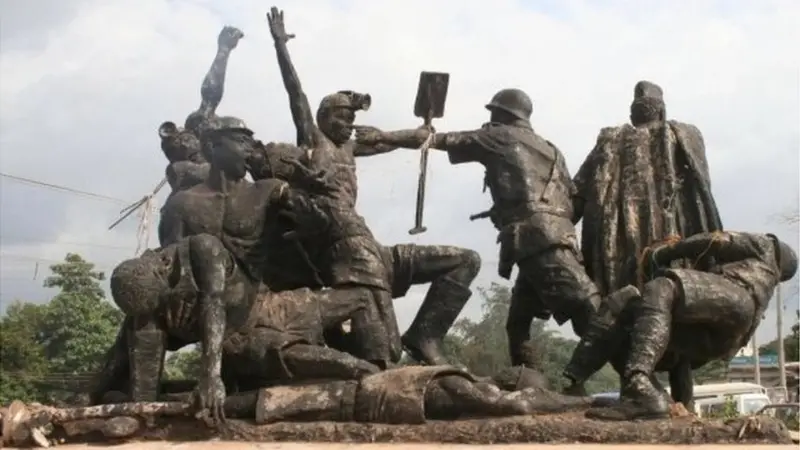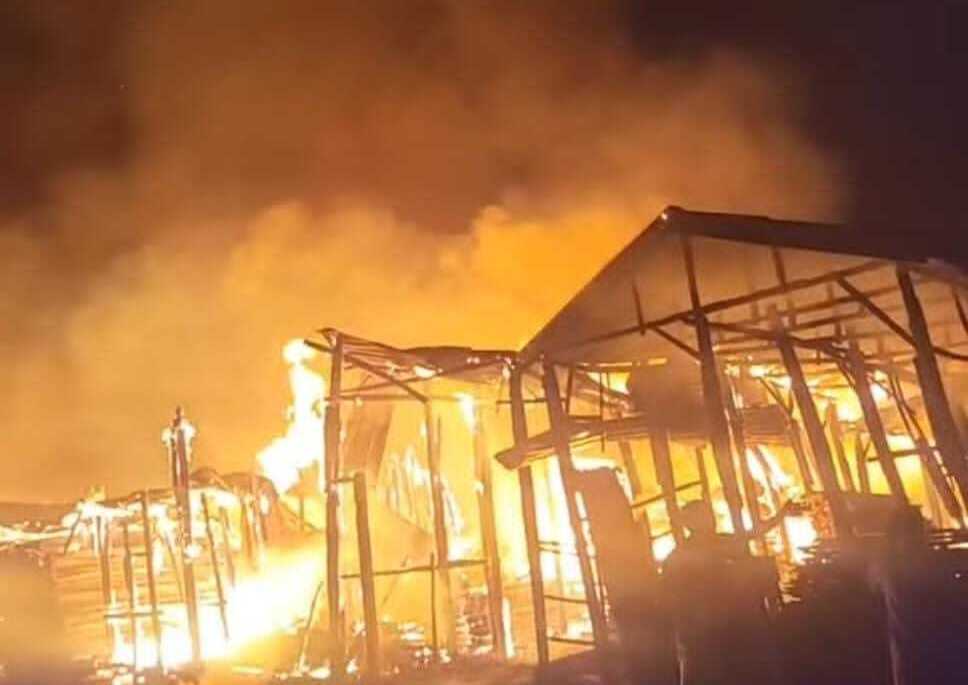
Seventy-six years after 21 coal miners were killed by British colonial authorities for demanding fair wages, their families have filed a lawsuit at the Enugu State High Court seeking justice and compensation for the massacre.
The suit names the Foreign, Commonwealth and Development Office (FCDO), the British Government, the Federal Government of Nigeria, the Attorney General of the Federation, and the Head of the Commonwealth as defendants.
The miners were killed in 1949 at the Iva Valley Coal Mine in Enugu when British Superintendent of Police F.S. Philip reportedly ordered police officers to open fire on unarmed workers protesting poor working conditions.
Mazi Greg Nwachukwu Onoh, acting on behalf of the families of the deceased, instituted the legal action under the Fundamental Rights Enforcement Procedure Rules 2009. The suit contends that the colonial police’s excessive use of lethal force violated both domestic and international laws.
Onoh described the incident as state-sanctioned murder, an egregious abuse of human rights, and a grossly disproportionate response to a peaceful protest. He further argued that the use of state violence to suppress legitimate labour grievances amounted to torture, cruel, inhuman, and degrading treatment prohibited under colonial laws of the time.
The families are demanding an official acknowledgment of liability for the massacre, a formal apology from the British Government, and comprehensive compensation for the irreversible loss inflicted.
They are also seeking a judicial declaration affirming that the killings violated the miners’ right to life and a binding order compelling the Nigerian government to engage the British Government for redress.
The suit references the Magna Carta of 1215 and the Universal Declaration of Human Rights (1948) to emphasise the sanctity of human life and the prohibition of arbitrary state violence.
During the court session on Tuesday, the respondents had not filed responses, prompting the counsel to the Federal Government to request more time to respond.
Justice O.O. Onovo subsequently adjourned the case to April 15 for a definite hearing.Speaking to reporters, counsel for the applicants, Prof Yemi Akinseye-George (SAN), described the case as a landmark effort to hold the British Government and Nigerian authorities accountable for their roles in the massacre. He called it a defining moment in post-colonial justice and the enforcement of fundamental human rights.
When asked why it took decades for the families to seek justice, Akinseye-George said it was likely due to a lack of awareness or proper advice. He stated, “It is not about how long but how well. When it comes to the right to life, there is no prescription time. Some efforts were made in the past but were abandoned. Now, it is time to remedy this injustice.”






